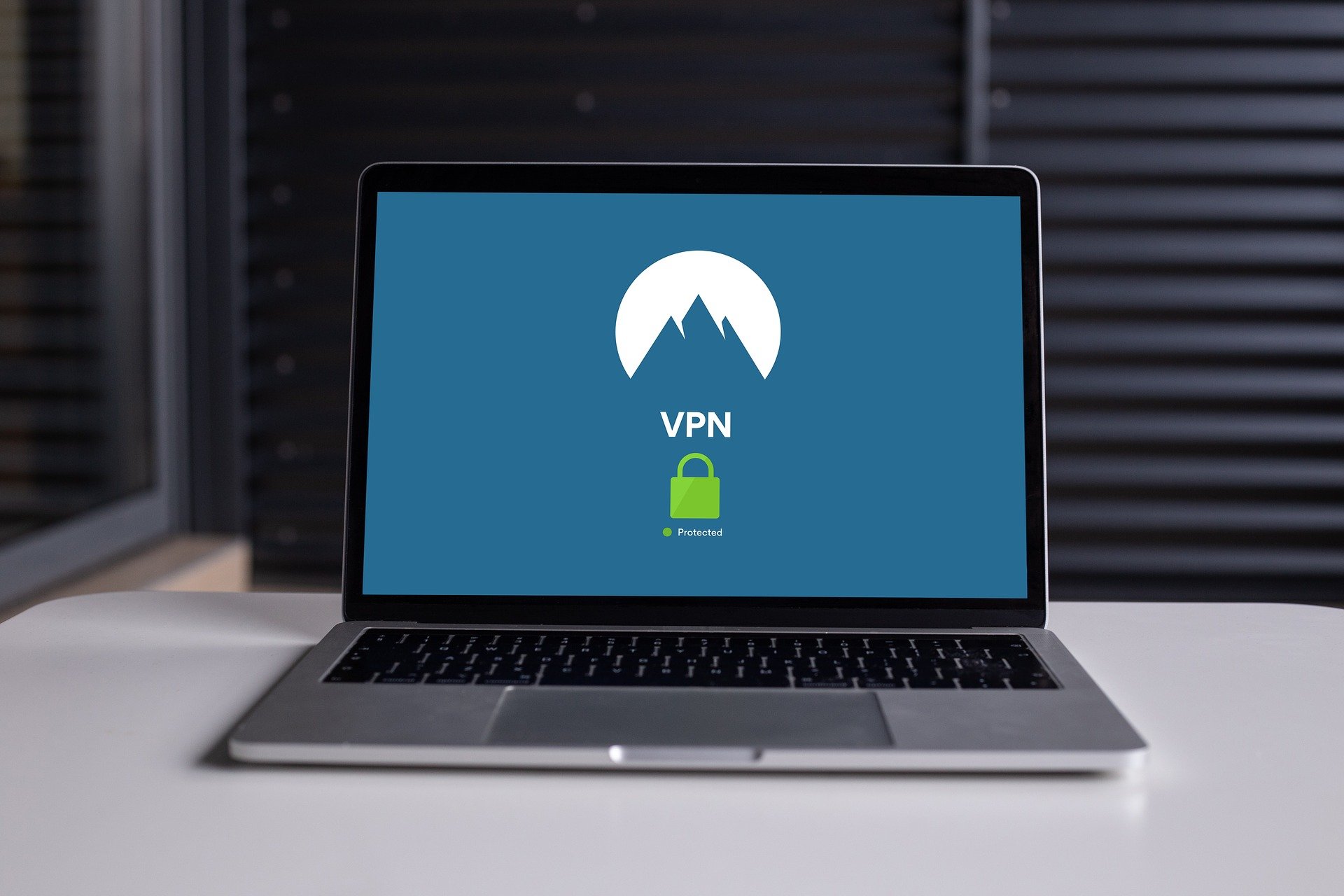A VPN, also known as a Virtual Private Network, is accessed widely by corporations. The latest trend, however, suggests that accessibility to a VPN connection has reached normal users as well.
It is known for its encrypted connection to ensure that the transmission of data remains safe at every point. The transmission of data relates to sending sensitive pieces of information to another internet user.

Why Does VPN Speed Matter?
VPN is important from the perspective of communicating sensitive data. It is a little-known fact that the speed of VPN barely matters. On the contrary, its speed matters the most. Here’s why.
Better Productivity
The basic expectation from a free VPN is that it will assist everyone in being productive. Speed matters because work gets affected if the connection lags frequently. Two different users find it difficult to convey the information.
A faster VPN connection ensures that the execution of a task is faster as expected by everyone. This helps people to move on to another task, or progress with the current task. This can be delayed if the speed of the VPN is slower.
Faster Streaming
Many gamers rely on the speed of their VPN connection. It directly affects their responsiveness in the game. If the game takes time to load, then gamers will find it difficult to respond to their competitors.
Many companies conduct video conferences over a secured VPN connection. A slower streaming speed can cause irritation to every participant, further leading to delay in taking an important decision. It would ultimately mitigate the entire purpose of working remotely across the globe.
Global Reliance
Multinational Corporations depend a lot on the speed of VPN connection. Their offices are spread beyond national borders, mostly in different time zones. The speed matters as every minute wasted costs a lot of money to the companies.
It extends to users who access VPN for personal reasons. Gamers have to remain active to continue being a part of the respective community. It is all about the speed at which data is transmitted, affecting everyone who is connected to the VPN.
Reasons Behind Slow VPN Speed
A VPN network can be slow for many reasons. Here are the most common reasons.
Capacity Of Server
A particular server can take a certain amount of load. The load here refers to the number of users who are onboard the VPN server. The speed of VPN would slow if the number of users is higher than usual and fast if the number is less.
Many VPN providers offer premium services to their users. These are exclusive services that are offered to users who pay the subscription amount. A premium plan gives a user the priority to access VPN.
Distance To Server
VPN service providers get their services spread to different locations around the globe. The speed may be slow if the distance between the user and the VPN server is greater than it should be. The greater distance affects the download and upload speeds of the user.
The speed is at its best if the distance to the server is less. Anyone can give Chrome VPN a shot to test the fact. The key is to remain within the range of the VPN server.
Power Of Encryption
A data is as safe as the power with which it has been encrypted. This, however, affects the speed of VPN. The higher the power of VPN, the less speed it offers to the users. It is great from the security aspect as it safeguards the data from a cyberattack.
The drawback is that the user experiences slower speed. One way to fix this is by selecting the less powerful encryption for data. This option must be considered only if the high speed is of utmost importance.
How To Improve VPN Speed?
Forbes gives some tips on how to choose and set up a VPN. One of the main factors to look out for is speed. Out of all the technical and non-technical points, here are a few simple tricks that users can follow to improve their VPN speed.
Switch To A Wired Connection
A WiFi connection works well when the number of connected devices is less. The tables turn when the number of devices increases. The data channels through every connected device to offer the best possible speed.
It is recommended to connect the device directly to the internet with the help of a wire. This way the internet connection would be dedicatedly channeled to the device that is connected through a wire.
Check For Updates
Devices lag when they are not updated frequently. Users are generally sent a push notification, or a normal notification on a desktop, informing them about the available update. Delay in updating the device can affect the VPN to function slowly.
It is recommended to keep the device updated. Users must also check for browser updates to ensure that all the fixes have been incorporated by the developer.
Review Server
A VPN server may be located at a huge distance. Since a user cannot move his or her house, it is recommended to review a VPN server that is located closer to the user’s destination.
A user may also want to check how many users connect to the server in that locality, as the number of users on a server is another factor that affects the speed of a VPN.
Conclusion
Free VPN has transformed from being a corporate tool to a residential tool. It is important to know what affects its speed and how the speed can be improved. It is only the understanding related to these points that make it easy to access the best VPN service.

